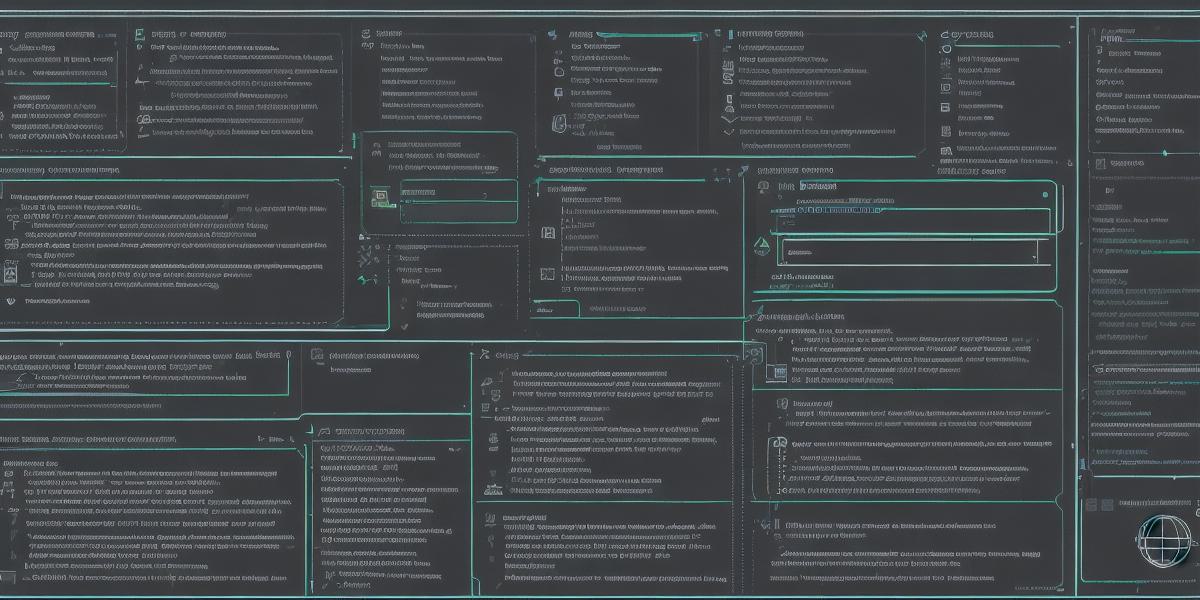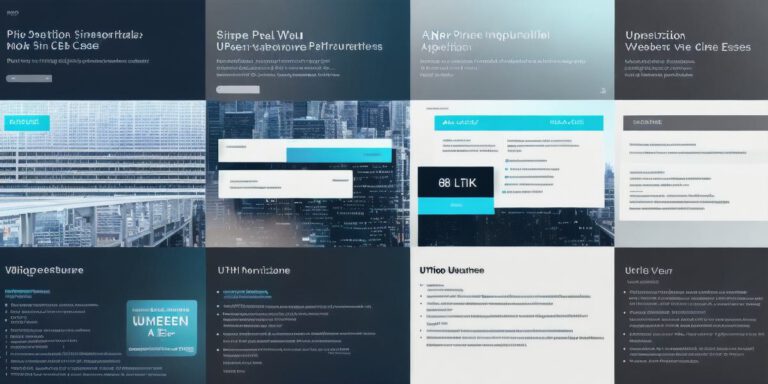The Ultimate Guide to Self-Certifying for Web3 Development: What You Need to Know

Introduction
Web3 development is becoming increasingly popular as more and more organizations are looking for ways to decentralize their operations and improve data security. However, before diving into Web3 development, it’s important to understand the self-certification process. In this guide, we will explore everything you need to know about self-certifying for Web3 development.
Understanding Self-Certification
Self-certification is a process where an individual or organization takes responsibility for verifying their own skills and knowledge related to a particular technology or industry. In the case of Web3 development, self-certification involves demonstrating your proficiency in blockchain technology, smart contracts, decentralized applications (dApps), and other key concepts related to Web3.
Why Self-Certify for Web3 Development?
There are several reasons why self-certifying for Web3 development is important:
- Improved credibility: By self-certifying your skills and knowledge, you can establish yourself as a credible expert in the field of Web3 development. This can help you attract more clients or opportunities in this area.
- Increased efficiency: Self-certification can help you identify areas where you need to improve your skills or knowledge, which can save you time and effort in the long run.
- Enhanced career prospects: Demonstrating proficiency in Web3 development can open up new career opportunities and increase your earning potential.
How to Self-Certify for Web3 Development
There are several ways to self-certify for Web3 development, including:
- Online courses and tutorials: There are many online courses and tutorials available that cover various aspects of Web3 development. These can be a great way to learn at your own pace and gain practical experience in the field.
- Certification programs: There are several certification programs available that focus on Web3 development, such as the Ethereum Developer Program and the Hyperledger Fabric Certified Developer program. These programs typically involve completing a series of courses or exams to demonstrate your proficiency in the field.
- Personal projects: Working on personal projects related to Web3 development can be a great way to gain hands-on experience and demonstrate your skills to potential employers or clients.
Conclusion
Self-certifying for Web3 development is an important step for anyone looking to establish themselves as an expert in this field. By demonstrating your proficiency in blockchain technology, smart contracts, decentralized applications, and other key concepts related to Web3, you can improve your credibility, increase your efficiency, and enhance your career prospects. With the right approach and resources, self-certifying for Web3 development is an achievable goal for anyone with a passion for this exciting technology.
FAQs:
Q: What types of skills do I need to self-certify for Web3 development?

A: To self-certify for Web3 development, you will need to demonstrate proficiency in blockchain technology, smart contracts, decentralized applications (dApps), and other key concepts related to Web3.
Q: Are there any certification programs available for Web3 development?
A: Yes, there are several certification programs available that focus on Web3 development, such as the Ethereum Developer Program and the Hyperledger Fabric Certified Developer program. These programs typically involve completing a series of courses or exams to demonstrate your proficiency in the field.
Q: How can I gain hands-on experience in Web3 development?
A: Working on personal projects related to Web3 development is a great way to gain hands-on experience and demonstrate your skills to potential employers or clients. You can also participate in open-source Web3 projects or collaborate with other developers to work on real-world applications.








